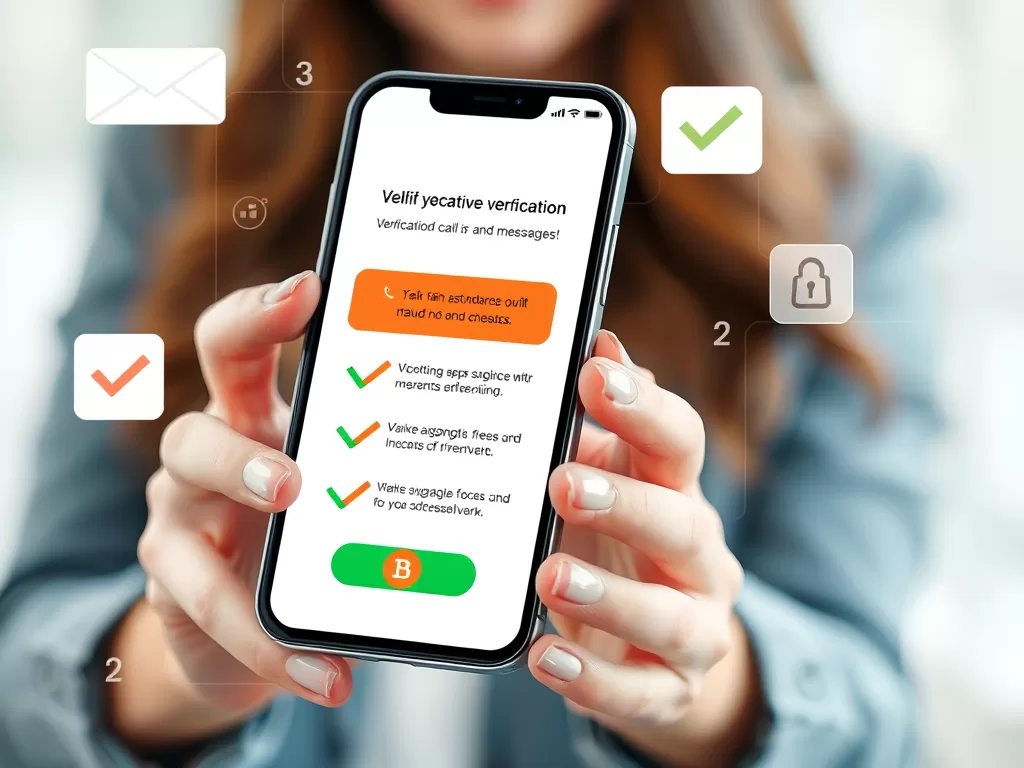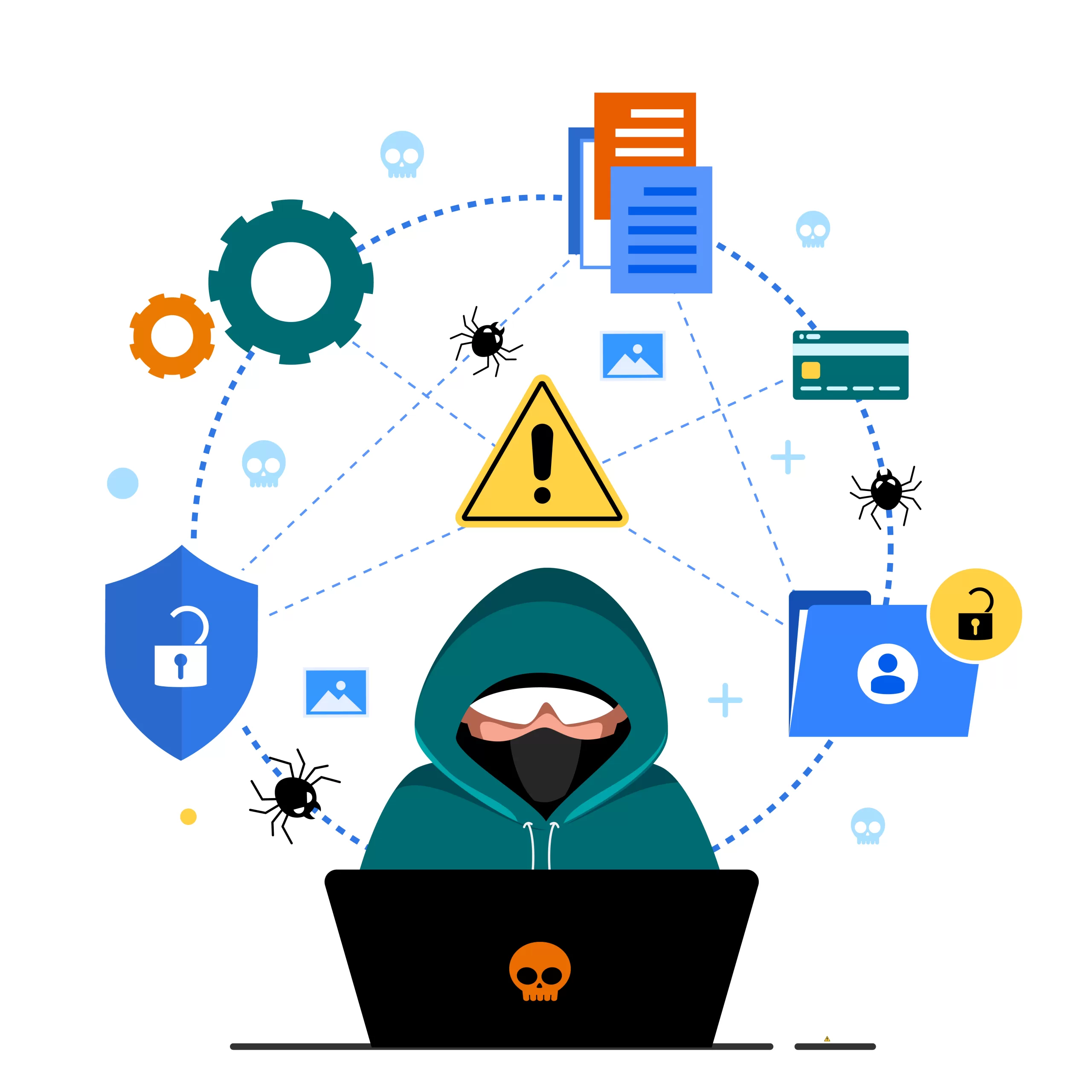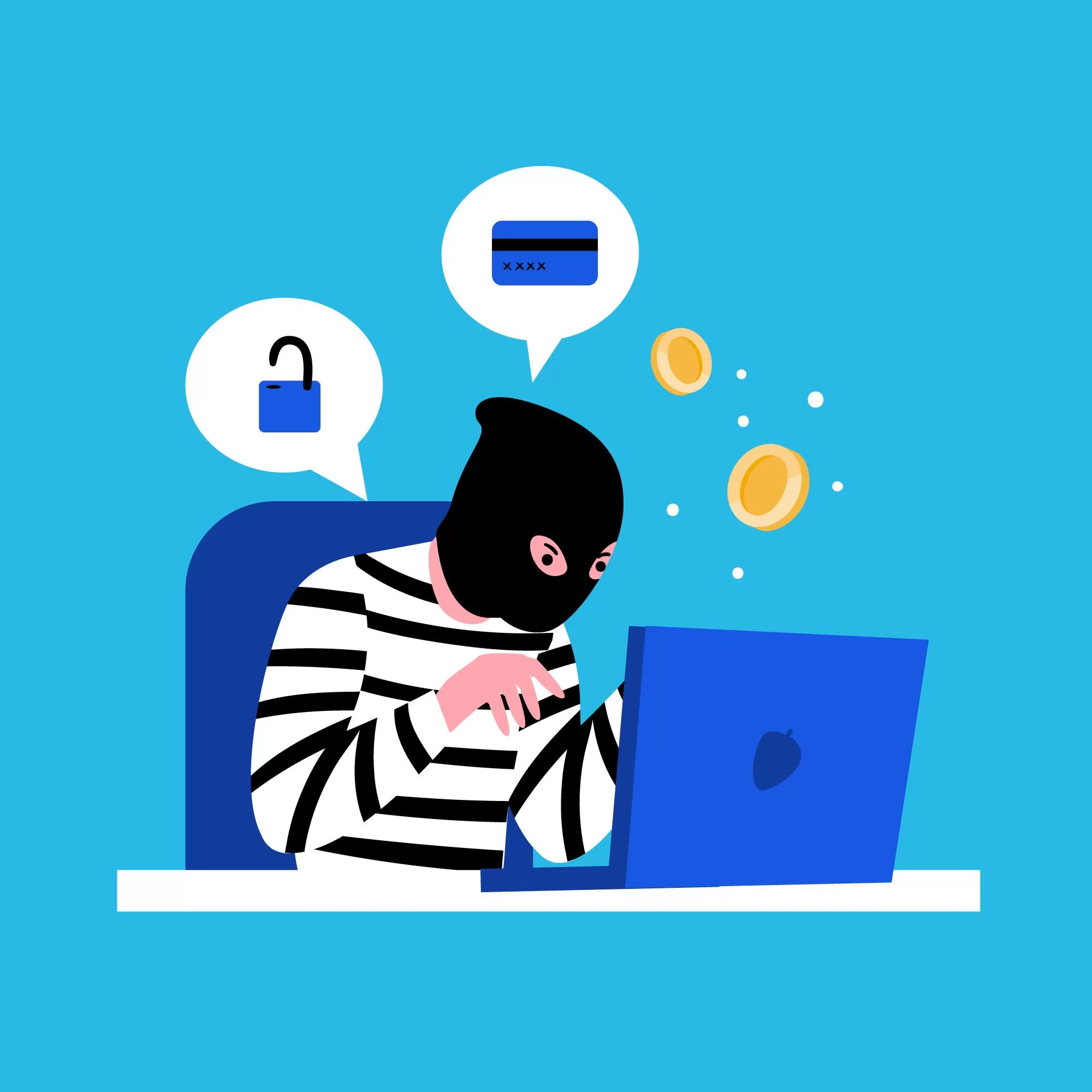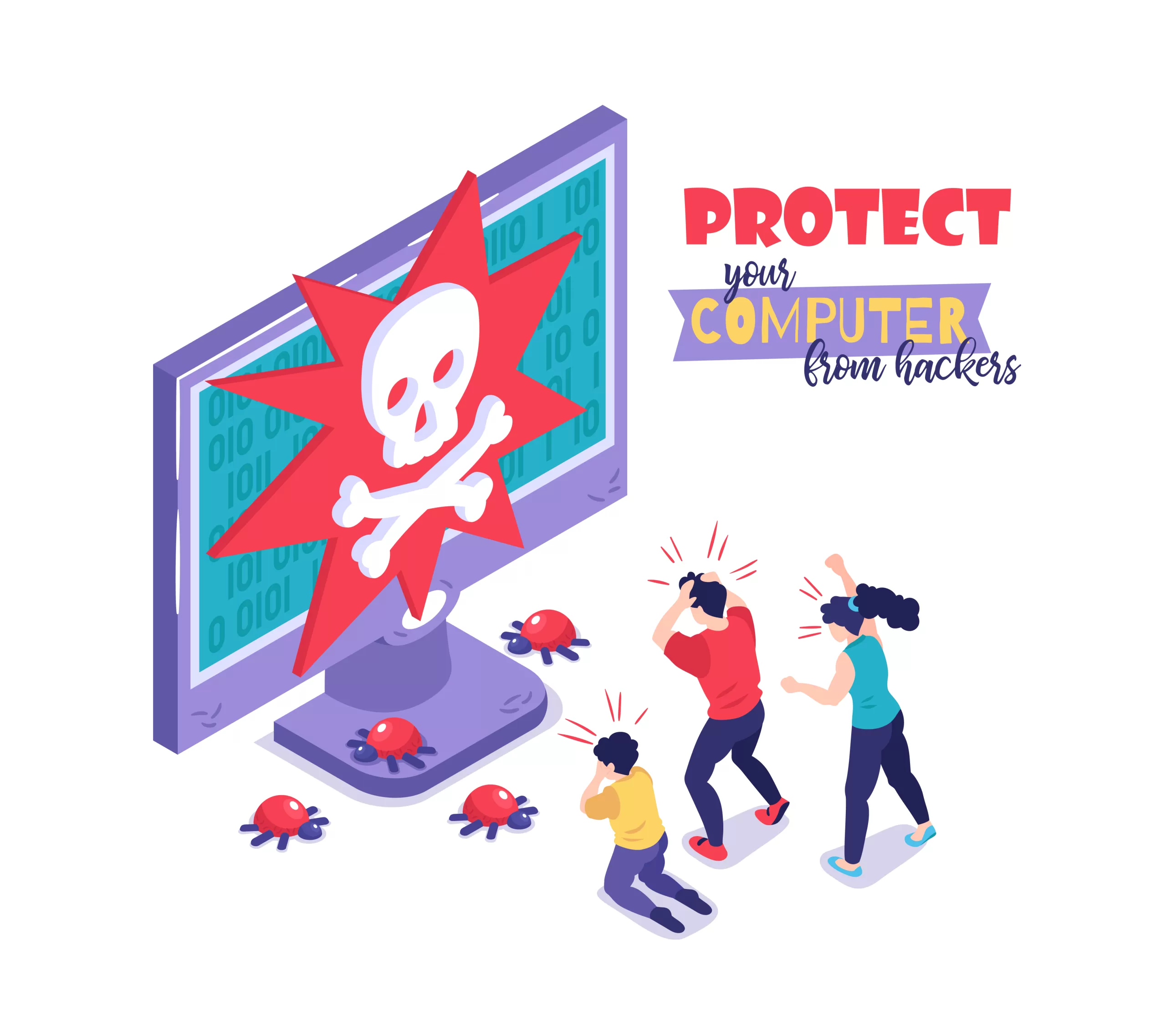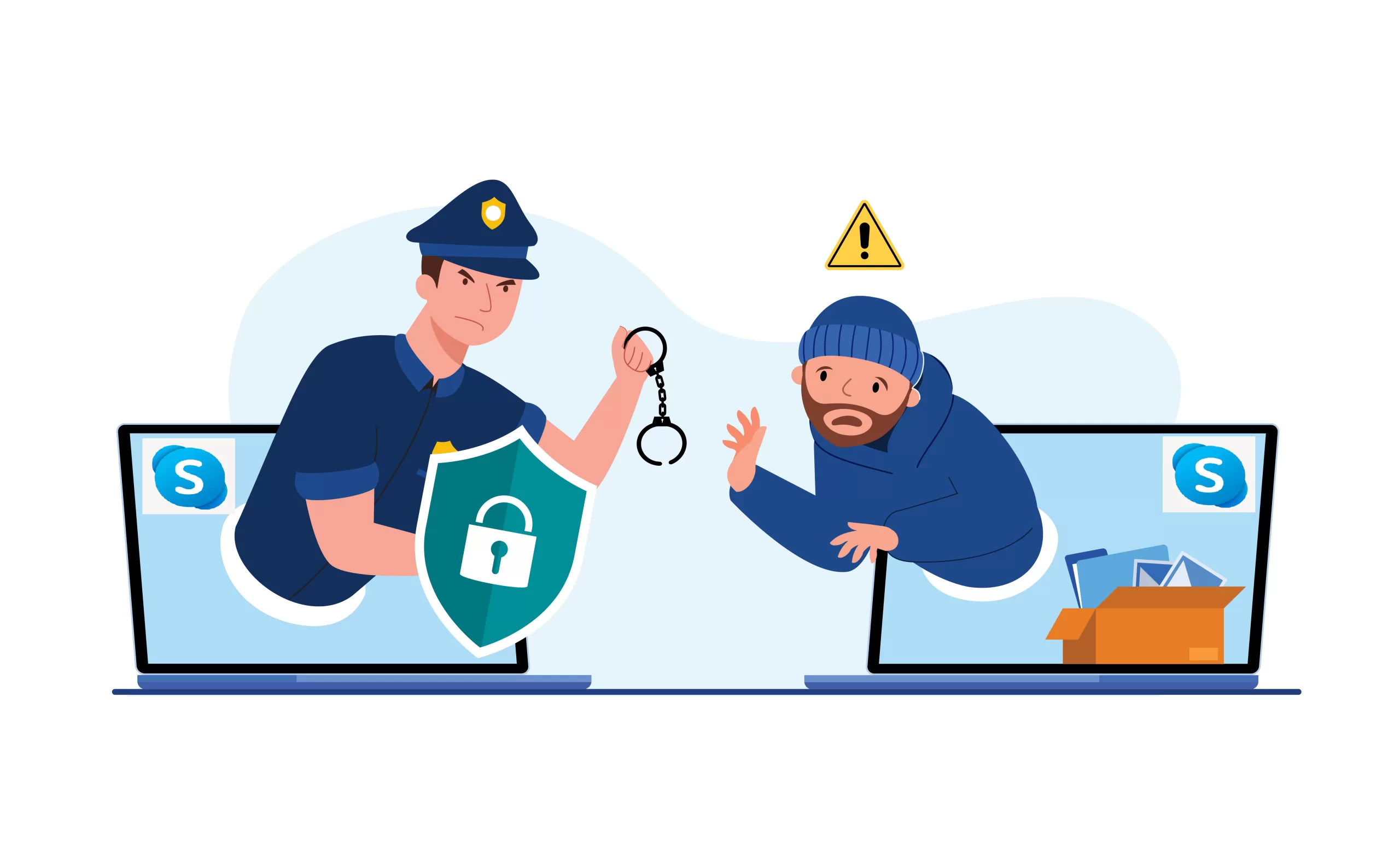
The Indian Cyber Crime Coordination Centre (I4C), in partnership with Microsoft, has taken action against over 1,000 Skype accounts engaged in blackmail, extortion, and fraudulent schemes where cybercriminals impersonate police and law enforcement officials, the Union Home Ministry announced on Tuesday.
According to the Ministry, this is a coordinated online crime carried out by international crime syndicates.
The I4C is working to block SIM cards, mobile devices, and accounts used by these fraudsters, facilitating efforts to curb their activities.
Reports of such scams, where cybercriminals pretend to be representatives of the Police Department, Central Bureau of Investigation (CBI), Narcotics Department, Reserve Bank of India (RBI), Enforcement Directorate, and other law enforcement agencies, have been flooding the National Cyber Crime Reporting Portal (NCRP).
These scammers typically contact individuals claiming that they are involved in illegal activities or have received contraband items in the mail. Sometimes, they even falsely report that a family member has been detained or is in trouble.
The Ministry explained that these fraudsters demand money to resolve the fabricated situation, and in some cases, victims are coerced into participating in a “Digital Arrest,” where they are forced to remain visible via Skype or other video platforms until they comply with the demands. To appear convincing, the fraudsters often operate from settings that mimic police stations and government offices, wearing uniforms to deceive their targets.
Numerous individuals across the country have fallen victim to these scams, losing significant sums of money.
The I4C, in collaboration with Microsoft, has taken measures to block over 1,000 Skype accounts involved in such illegal activities. Additionally, efforts are underway to block SIM cards, mobile devices, and accounts used by these criminals.
Citizens are urged to stay vigilant and raise awareness about these scams. If they receive suspicious calls, they are advised to report the incident immediately to the cybercrime helpline number 1930 or visit www.cybercrime.gov.in for assistance.
The I4C, along with various government agencies and organizations, is working tirelessly to combat cybercrime and protect citizens from falling victim to these fraudulent schemes.
How to protect ourselves from such fraudsters?
To avoid falling victim to cyber fraudsters posing as law enforcement authorities, individuals like you can take several precautions:
- Don’t Panic: Panic can cloud judgment and make individuals more susceptible to manipulation and coercion. By maintaining a level head and approaching the situation with caution and skepticism, individuals can protect themselves from falling prey to such scams.
- Verify Caller Identity: Always verify the identity of callers claiming to be law enforcement officials by asking for their badge number, department details, and contact information. Legitimate law enforcement agencies will provide this information willingly.
- Stay Calm and Skeptical: Be wary of unexpected calls informing you of illegal activities involving you or your loved ones. Fraudsters often use scare tactics to pressure victims into complying with their demands.
- Avoid Sharing Personal Information: Never share sensitive personal information, such as Aadhar card details, bank account numbers, or OTPs, over the phone or email, especially if the request seems suspicious.
- Consult Trusted Sources: If you receive a suspicious call or message, consult trusted sources, such as family members, friends, or local authorities, before taking any action. They can provide guidance and help verify the authenticity of the communication.
- Report Suspicious Activity: Report any suspicious calls or messages to the appropriate authorities, such as the National Cyber Crime Reporting Portal (NCRP) or the cybercrime helpline number 1930. Prompt reporting can help prevent others from falling victim to similar scams.
- Stay Informed: Stay informed about common cyber scams and fraud tactics through reliable sources such as government websites, cybersecurity blogs, and news outlets. Awareness is key to identifying and avoiding potential threats.
- Use Two-Factor Authentication: Enable two-factor authentication (2FA) on your online accounts whenever possible. This adds an extra layer of security by requiring additional verification, such as a code sent to your phone, to access your accounts.
- Be Vigilant: Be vigilant and trust your instincts. If something seems too good to be true or feels suspicious, it’s better to err on the side of caution and refrain from sharing personal information or making financial transactions.


